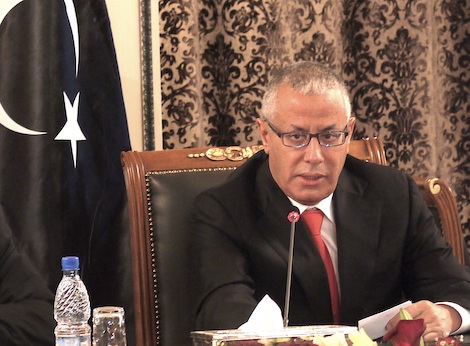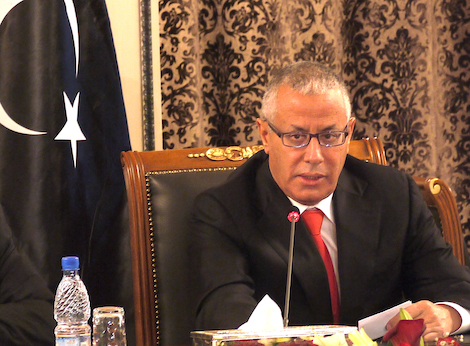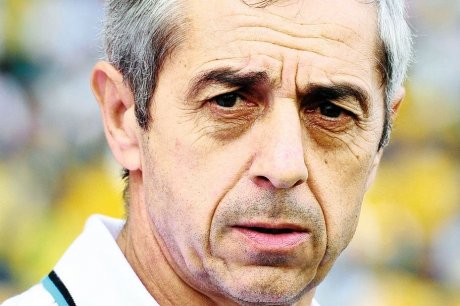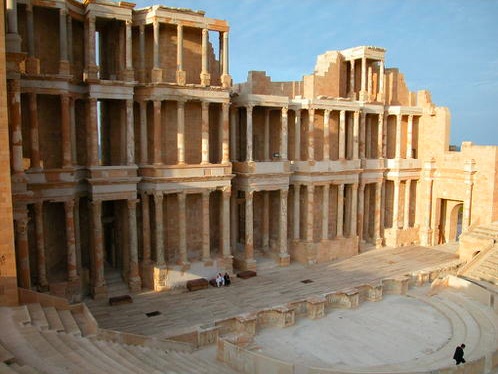By George Grant.

Tripoli, 3 December:
Prime Minister Ali Zeidan flew to Tobruk early this morning, Monday, to begin a visit of eastern . . .[restrict]Libya that is set to last two to three days. Travelling with him is Deputy Prime Minister Awad Al-Barasi and other senior officials.
The purpose of the trip is to evaluate needs and listen to local concerns, part of a broader strategy of high-level re-engagement with eastern Libya. This evening the prime minister’s office confirmed that Zeidan and Barasi would also be visiting Benghazi and Derna, but it is thought likely they will be taking in other towns as well.
Zeidan will be discussing issues relating to politics, security and the economy over the course of his stay, including issues relating to federalism and decentralisation, as well as the need for greater economic investment in the east of the country.
The visit comes in the context of growing discontent in eastern Libya over perceived neglect at the hands of Libya’s new rulers in Tripoli, which in turn is feeding support for federalist and Islamist politics.
Members of Congress are presently discussing the all-important issue of how the committee to draft the permanent Constitution will be appointed, with many in the east bitterly opposed to proposals for it to be appointed by the GNC rather than directly elected by the public.
Under the original Constitutional Declaration of August 2011, the GNC was to have appointed the 60-member body as one of its primary functions, but the outgoing NTC issued a last-minute amendment in the run-up to the 7 July elections stating that it would instead be elected through a public ballot.
Federalists in particular oppose any notion of a GNC-appointed committee, since they have no members in the legislative body by virtue of having boycotted the elections.
Zeidan’s trip comes on the back of a high-profile three-day visit to Benghazi last week by National Congress President Mohamed Magarief, where he met with members of Benghazi local council, students, oil industry representatives, civil society groups and local brigades.
On 29 November, Benghazi also hosted the new UN chief in Libya, Tarek Mitri, who met with the city’s Local Council, civil society organisations, the new police commander and other political and academic figures.
The importance of Libyan national unity appears to be the order of the day for both the government and Congress at present. At a ceremony to commemorate the former diplomat and Qaddafi opposition activist Mansour Rashid Al-Kikhia in Tripoli yesterday, speaker after speaker, including Zeidan, Magarief, Abdurrahman Al-Kib and Juma Ateega, took to the stage to invoke Kikhia as the quintessential Libyan patriot, highlighting his commitment to a united nation and his rejection of violence in favour of negotiation and peaceful dialogue. [/restrict]









